14 Nutrient-Packed Foods You Might Be Missing Out On
Certain foods offer impressive health benefits but often fly under the radar compared to popular superfoods. These nutrient-dense options provide vitamins, minerals, antioxidants, and other compounds that support overall wellness, boost energy, and promote a healthy immune system. Adding a variety of these lesser-known superfoods to your diet can help fill nutritional gaps and contribute to long-term health. Exploring these options allows you to enjoy diverse flavors while nourishing your body naturally.
This post may contain affiliate links, which helps keep this content free. Please read our disclosure for more info.
Moringa Leaves

Moringa leaves come from the Moringa oleifera tree and are rich in vitamins A, C, and E, as well as minerals like calcium and potassium. These nutrients work together to support the immune system, improve vision, and strengthen bones. Unlike some popular superfoods, moringa leaves contain a high level of antioxidants that can help reduce inflammation and protect cells from damage caused by free radicals.
In addition to vitamins and minerals, moringa leaves have a unique profile of plant compounds that promote heart health by supporting healthy cholesterol levels. Their protein content is also notable, making them a valuable option for plant-based diets. This combination of nutrients makes moringa leaves a powerful addition to meals, helping to improve overall health in several ways.
Baobab Fruit Powder

Baobab fruit powder is made from the dried pulp of the baobab tree fruit, native to Africa. It is especially rich in vitamin C, which helps with skin health and immune defense. What sets baobab apart from more common fruits like oranges is its high fiber content, which aids digestion and supports a healthy gut.
Baobab also provides important minerals such as magnesium, potassium, and calcium, contributing to strong bones and muscle function. The natural antioxidants found in baobab powder help reduce oxidative stress, potentially lowering the risk of chronic diseases. This unique blend of vitamins, fiber, and minerals makes baobab a superfood that offers benefits beyond many typical fruit powders.
Camu Camu Berries
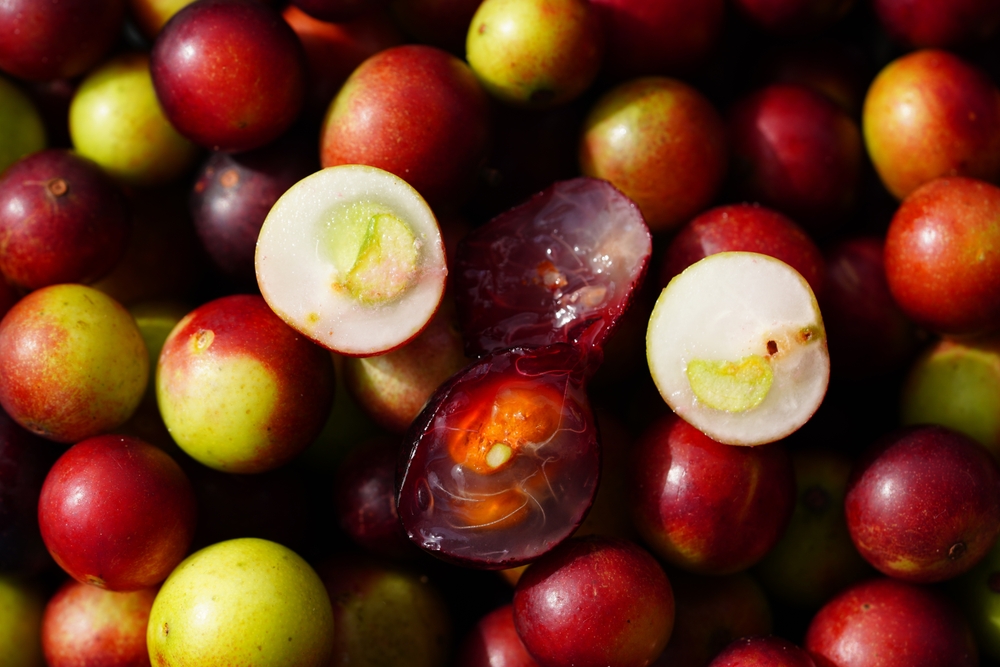
Camu camu berries grow in the Amazon rainforest and are known for having one of the highest vitamin C contents among fruits. Vitamin C is essential for collagen production, immune support, and protecting cells from oxidative damage. Compared to mainstream vitamin C sources like kiwi or strawberries, camu camu provides much higher concentrations in smaller amounts.
Along with vitamin C, camu camu contains flavonoids and antioxidants that support healthy inflammation levels and may promote better mood and brain function. These berries are often available as powder, making it easy to add to smoothies or drinks. Their potent nutrient profile allows them to stand out among other fruits for overall well-being.
Sea Buckthorn

Sea buckthorn berries grow on a shrub native to Europe and Asia and contain an unusual mix of nutrients. They are rich in omega-7 fatty acids, which are not common in many foods but play a role in maintaining healthy skin and mucous membranes. This fatty acid content helps support hydration and repair of skin tissue.
These berries also provide vitamins C, E, and several B vitamins, along with antioxidants like flavonoids. Together, these nutrients may improve cardiovascular health by supporting blood vessel function and reducing inflammation. Sea buckthorn’s nutrient diversity offers a broader range of benefits compared to many well-known berries.
Sacha Inchi Seeds
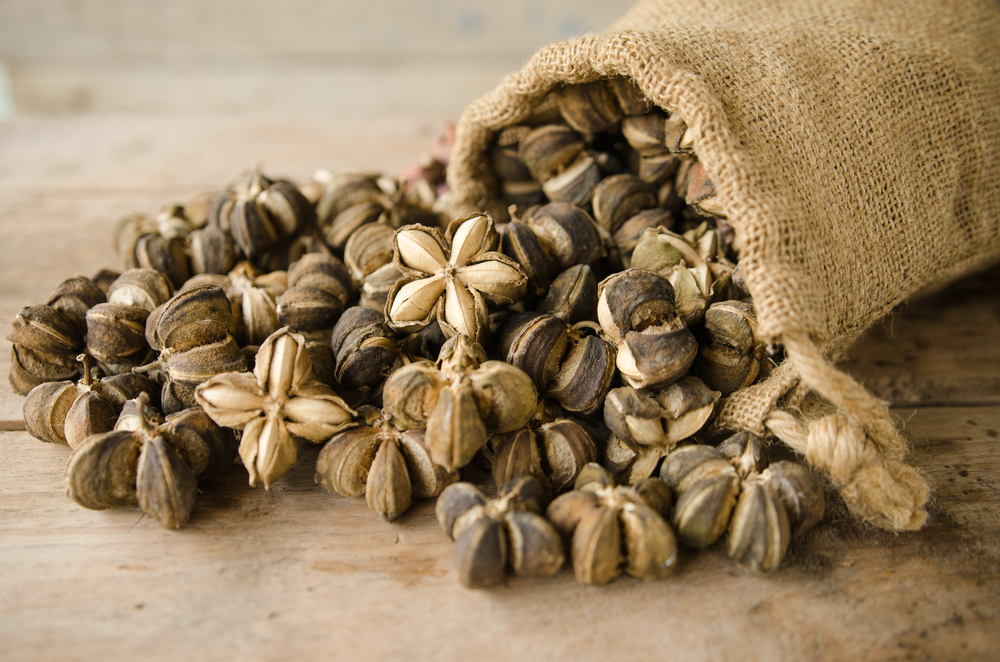
Sacha inchi seeds, also called Inca peanuts, come from the Amazon and are known for their high content of plant-based omega-3 fatty acids. Omega-3s are important for brain health, heart function, and reducing inflammation. Sacha inchi seeds offer a vegetable source of these fatty acids, unlike fish oils, making them a good choice for vegetarians and vegans.
Besides healthy fats, these seeds are a source of protein and fiber, which can help with satiety and digestive health. Their combination of nutrients helps regulate cholesterol and supports energy metabolism. Because of this, sacha inchi seeds provide benefits that some popular nuts or seeds might not fully offer.
Black Garlic
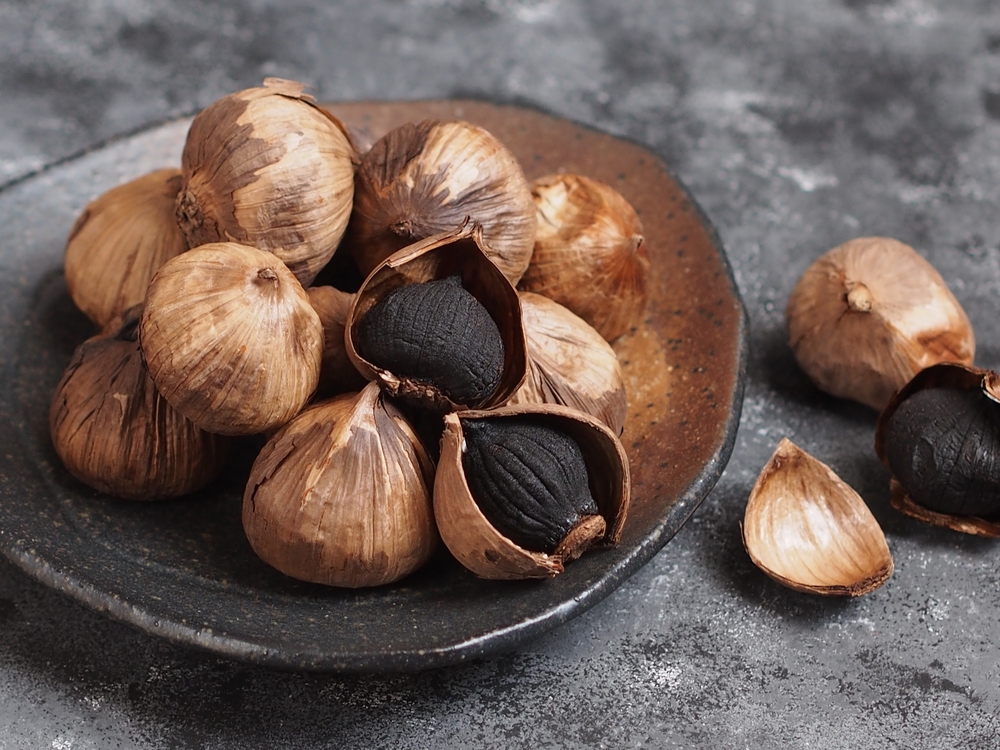
Black garlic is regular garlic that has been fermented, resulting in a sweeter taste and a darker color. The fermentation process increases the concentration of antioxidants called polyphenols, which support the body’s defense against oxidative stress. These antioxidants are higher in black garlic than in fresh garlic, offering enhanced protection for cells.
In addition to antioxidants, black garlic contains compounds that may help regulate blood pressure and support heart health. It also provides anti-inflammatory effects that contribute to overall wellness. Its unique preparation method means black garlic offers a broader health impact than standard garlic.
Chlorella
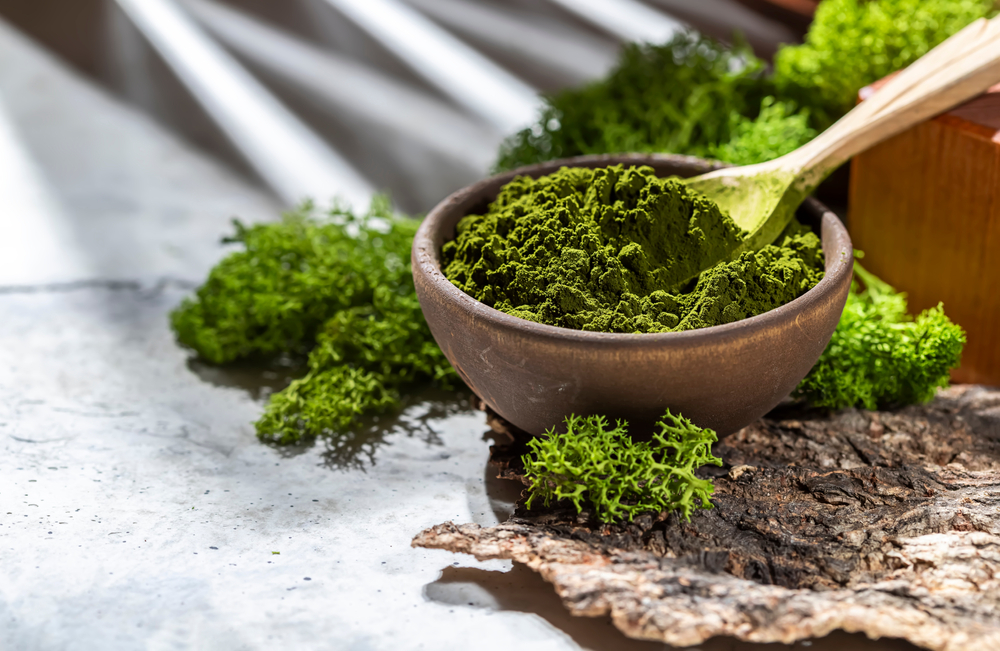
Chlorella is a single-celled green alga packed with nutrients such as protein, vitamins, and minerals. It contains a rich source of chlorophyll, which supports detoxification by helping the body eliminate heavy metals and toxins. This cleansing effect is not as pronounced in many common superfoods.
Additionally, chlorella provides antioxidants, including vitamin C and beta-carotene, which support immune health and skin repair. It also contains iron and vitamin B12, which are important for energy and blood health, especially for those on plant-based diets. This wide array of benefits makes chlorella stand out from more typical greens like spinach or kale.
Tiger Nuts

Tiger nuts are small tubers, not actual nuts, that offer a mix of fiber, healthy fats, and vitamins. They are high in resistant starch, a type of fiber that supports gut bacteria and improves digestive health. This benefit is often stronger than in common snacks or grains.
These tubers also provide minerals such as magnesium and potassium, which help regulate blood pressure and muscle function. Their naturally sweet flavor makes them a satisfying snack with health benefits that go beyond many other plant-based options. Tiger nuts bring a unique combination of nutrition that helps maintain well-being in several areas.
Amaranth
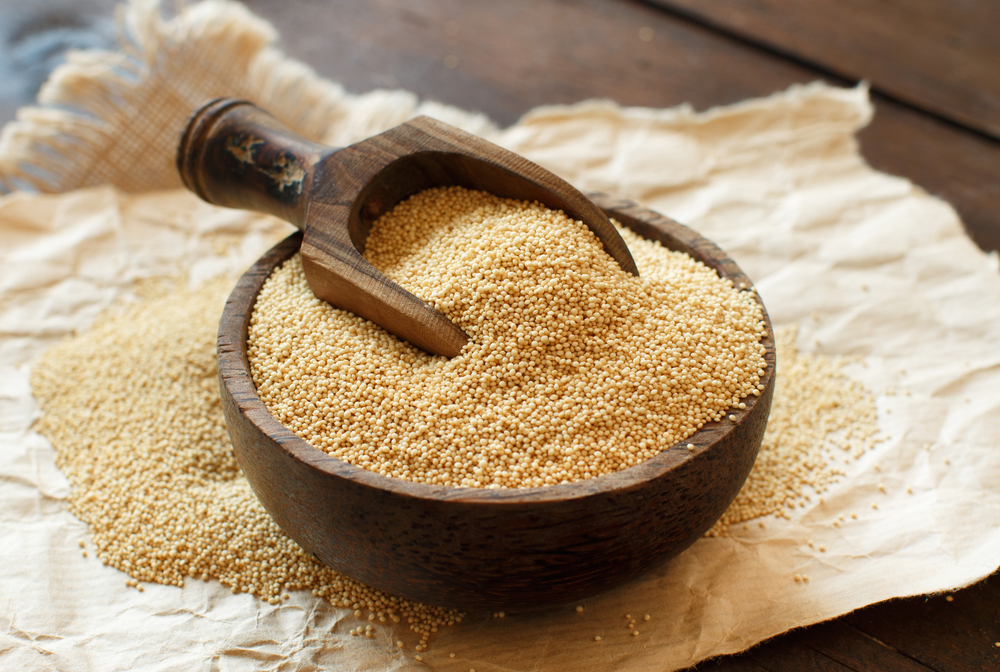
Amaranth is an ancient grain that contains more protein and lysine, an essential amino acid, than many other grains. This makes it valuable for building and repairing tissues. Its gluten-free nature allows people with sensitivities to enjoy a nutrient-rich grain without digestive issues.
In addition to protein, amaranth is a good source of fiber, iron, and magnesium. These nutrients help support digestion, blood health, and energy production. Because of its nutrient content, amaranth offers health advantages beyond those found in common cereals or grains.
Lucuma Powder
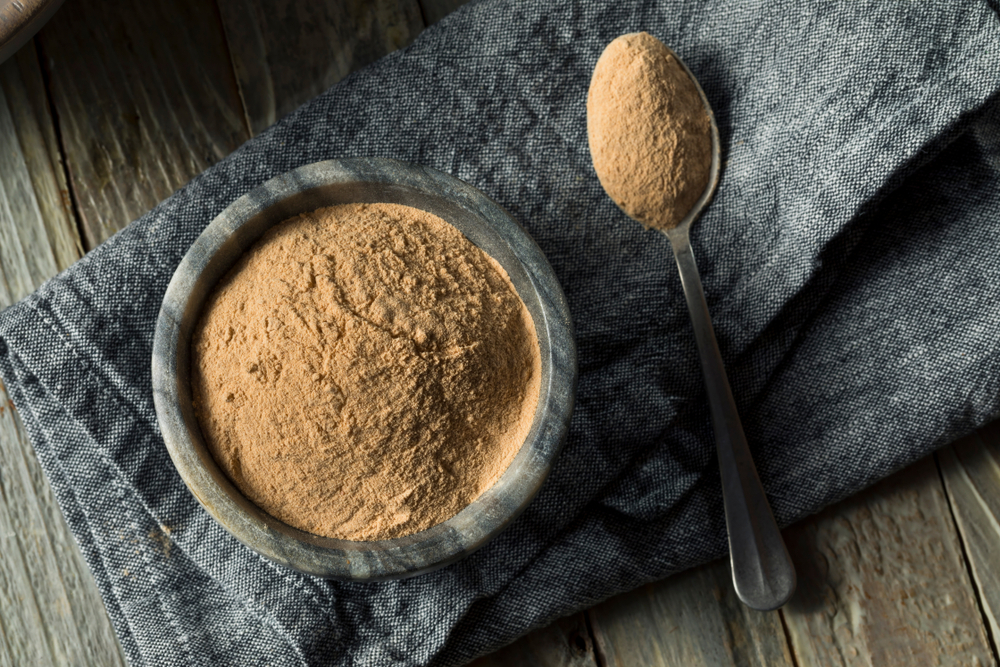
Lucuma is a fruit native to South America, often dried and ground into powder. It has a naturally sweet taste but a low glycemic index, which helps avoid blood sugar spikes. This makes it a good natural sweetener alternative to sugar or artificial sweeteners.
Besides sweetness, lucuma provides antioxidants, vitamins, and minerals such as beta-carotene, iron, and zinc. These nutrients support skin health, immune function, and metabolism. Its combination of natural sweetness and nutrition offers benefits that many sweeteners lack.
Teff
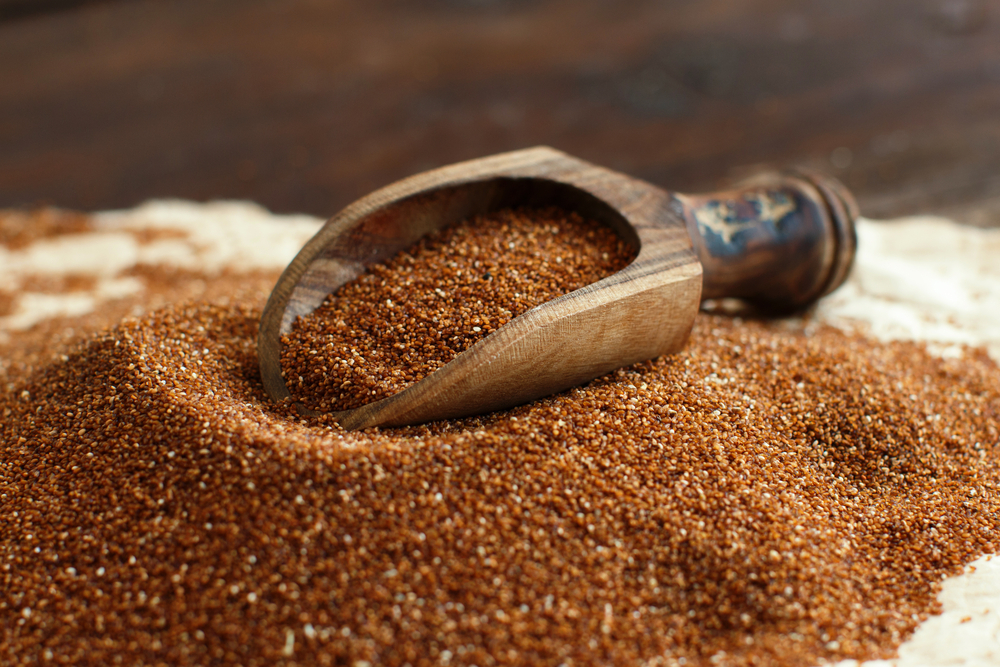
Teff is a tiny grain originally from Ethiopia that is high in protein, fiber, and minerals. It contains calcium, iron, and magnesium, contributing to bone health and oxygen transport in the blood. Its high fiber content supports digestion and helps maintain stable blood sugar.
Unlike many grains, teff has a complete set of amino acids, making it a good plant protein source. It is gluten-free, allowing more people to include it in their diet. This nutritional profile helps teff provide a wider range of benefits compared to common grains like wheat or rice.
Watercress
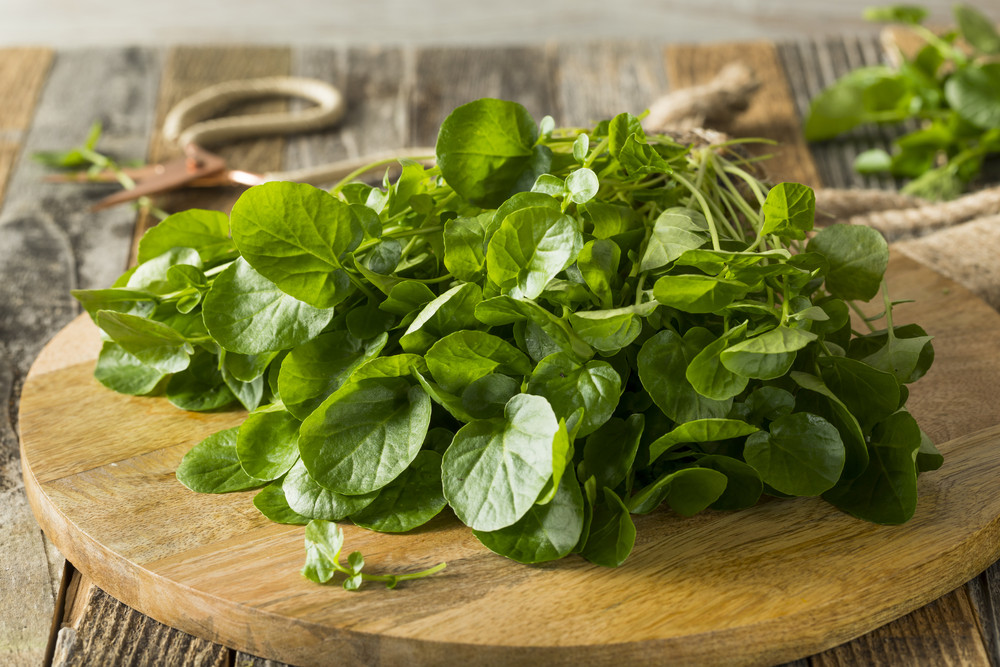
Watercress is a leafy green vegetable with a peppery flavor and dense nutrient content. It is rich in vitamins A, C, and K, which support eye health, immunity, and blood clotting. Watercress also contains antioxidants that may reduce the risk of chronic conditions.
This vegetable provides important minerals like calcium and iron, which contribute to bone strength and oxygen delivery. Its low-calorie nature makes it a good choice for nutrient intake without adding excess energy. Watercress offers more concentrated nutrients than many common salad greens.
Kelp
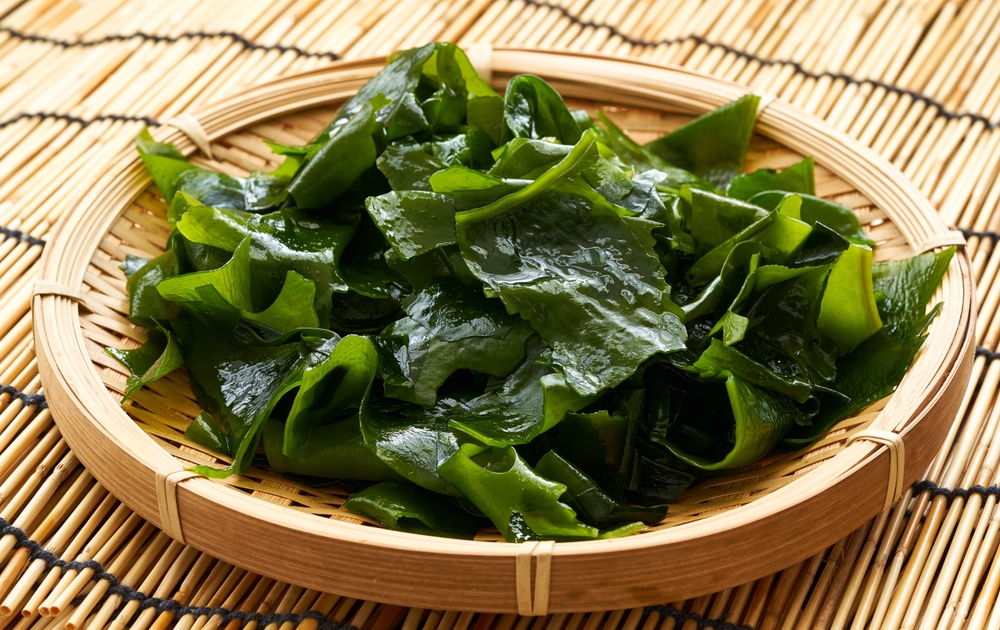
Kelp is an edible seaweed that is a natural source of iodine, which is essential for thyroid hormone production and metabolism regulation. Many people do not get enough iodine in their diets, and kelp provides it in a natural form. Along with iodine, kelp contains vitamins A, C, E, and minerals like calcium and iron.
Kelp also contains antioxidants and fiber, which may support digestive health and reduce inflammation. These properties give kelp an advantage over some land-based vegetables in terms of nutrient density. Its unique mineral content supports multiple aspects of health that are not always addressed by typical vegetables.
Black Sesame Seeds
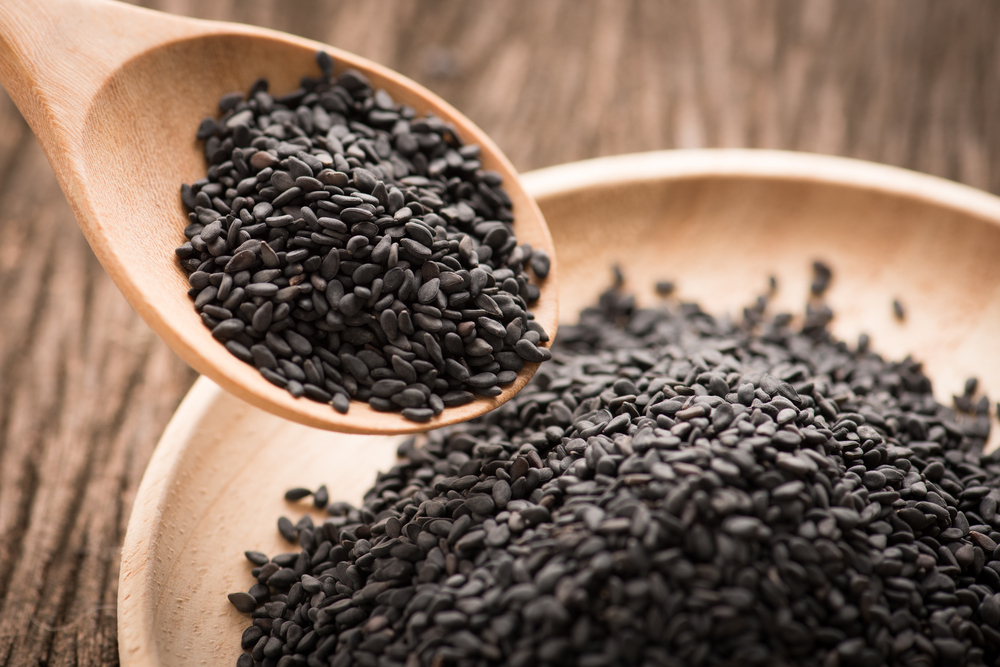
Black sesame seeds are packed with calcium, iron, magnesium, and zinc, which are important for bone health, oxygen transport, and immune function. They also contain healthy fats and antioxidants that help protect cells and maintain skin health.
Compared to white sesame seeds or other common seeds, black sesame seeds have a richer nutrient profile. Their unique combination of minerals and antioxidants supports overall wellness and can help reduce inflammation. Including black sesame seeds adds diversity and depth to nutrient intake.
This article originally appeared on Avocadu.
